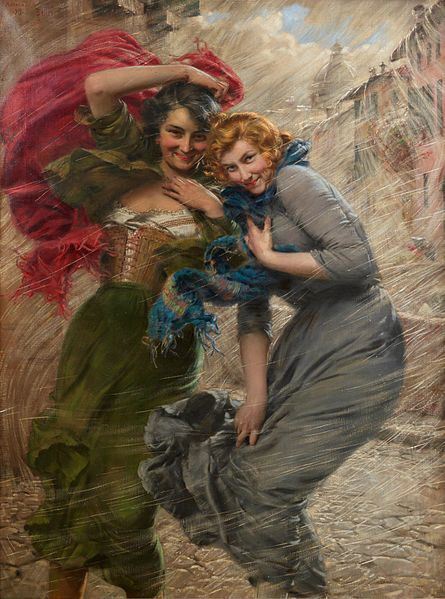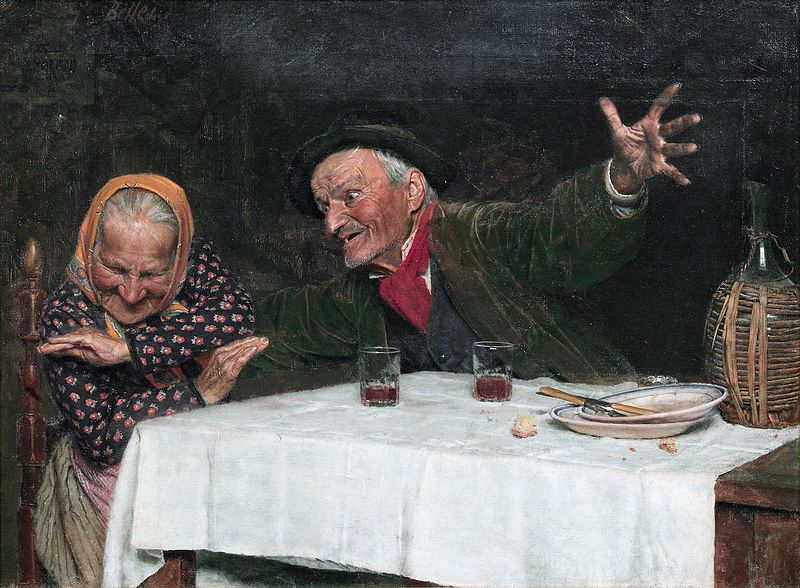“I do not wish to treat friendships daintily, but with roughest courage. When they are real, they are not glass threads or frost work, but the solidest thing we know.”
R.W Emerson, 1841, Friendship, Essays and English Traits

In his 1841 essay, Emerson looks at friendship in it’s deepest, most valuable state.
He believed that there are two elements that go into the composition of friendship.The first one is Truth. Emerson believed that a marker of real friendship is someone with whom we can be sincere. When he speaks of sincerity, Emerson means it in every sense. With a friend, we should be able to speak truthfully, openly and plainly, as we would in our own minds. We should be able to drop all pretences, remove the veils that protect our inner most sanctity, exposing ourselves. We should be able to display ourselves, in complete sincerity, as we do when we are alone.
Emerson recognises that be open and truthful, without fear of judgement or repercussion, is a luxury of true friendship. In our encounters with people, we usually cover our thoughts and feelings with idle talk and many illusions. Most men, he thought, require to be humoured with civility and agreement, which makes it impossible to have an open conversation with them, impossible to be sincere. A friend with whom we can be sincere with, Emerson thought, becomes in a sense, a reflection of our very being.
“Every man alone is sincere. At the entrance of a second person hypocrisy begins.”
Emerson (1841)
The next element of friendship Emerson discusses is Tenderness.
There are so many reasons why we’re tied to a person- blood, admiration, hope, fear etc. But what an oddity it is, Emerson thought, to be tied to someone only by love. What character the other must have that we are dedicated to them solely out of love. Emerson proclaims that the tenderness of friendship is humble and not reliant on circumstance. It’s there for comfort in sunny days and stormy ones, spreading across time, through the passages of life and death. It is infinite and unconditional.
“Let it be an alliance of two large, formidable natures, mutually beheld, mutually feared, before yet they recognise the deep identity which, beneath these disparities, unites them.”
Emerson (1841)
Emerson recognises that the conditions for a perfect friendship seem so unlikely, so rare, that it’s hard to actualise.
He believed that he himself had failed to reach that higher fellowship, so instead he surrounded himself with ‘godlike’ men and women who satisfied his intellect. Comparing it to a conversation, Emerson concluded that a real one-to-one friendship which could accept sincerity and would unconditionally last a lifetime was worth much, much more.
“The essence of friendship is entireness, a total magnanimity and trust.”
Emerson (1841)




